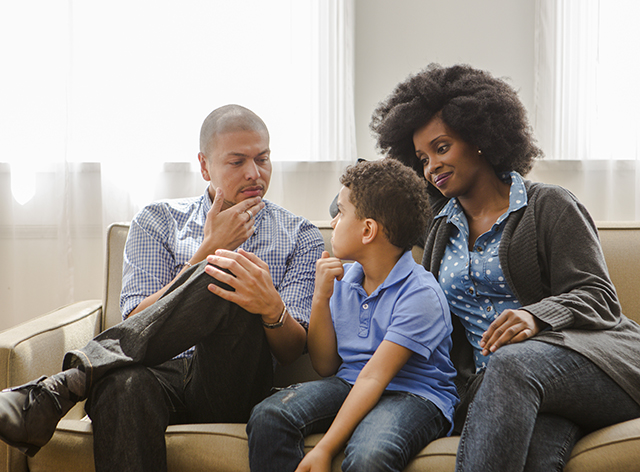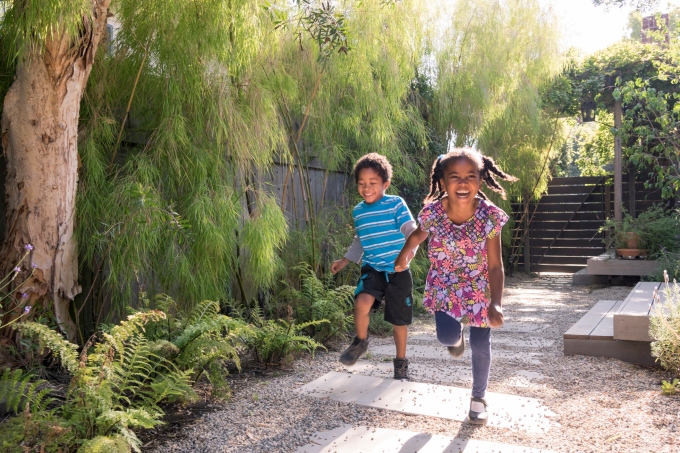Blog post outsourced from APA
On Saturday, August 12, 2017, I awoke to images from the night before of dozens of White nationalists marching through the University of Virginia Charlottesville carrying torches and chanting “you will not replace us.”
This chant, “you will not replace us,” embodies the perception held by White nationalists that people of color are imminent threats to the continuation of White supremacy. However, this dangerous fear is not limited to self-proclaimed White nationalists. It runs deep within and across various institutions that impact adults and children alike, including the education and justice systems.
Taking in the images from Charlottesville and considering them against the backdrop of other overt and covert displays of racism in recent years, I was reminded of the intense emotionality of racism and its effect on Black children.
I imagine the level of fear it must take for a police officer to shoot a 12-year-old Black child within two seconds of arriving on the scene. I wonder about the level of hatred one must hold to be able to shoot at Black teenagers enjoying music in their car. I recall the anger and pain one feels at not only experiencing racism but also vicariously witnessing and learning about racism. And I consider the constant emotional restraint needed to remain composed so as not to become another victim of racist fear.
Unsurprisingly, parents and caregivers are increasingly concerned for the well-being of Black children. Research shows that:
- Black children experience harsher disciplinary action at school,
- their neutral facial expressions are viewed as more aggressive and threatening than their White peers, and
- they are more likely to be expected to misbehave even when engaging in normal play.
When it seems like Black children are mistreated for expressing anger, fear, joy, or for simply existing, it can be a daunting task to figure out how to best protect them from harm while also allowing them to live and thrive unapologetically. Here are a few things to consider from the research:

1. Strike a balance
It is reasonable to encourage children to control their emotions (e.g., “don’t get too upset” and “don’t react in anger”) and monitor their behavior in certain contexts—such as with teachers and administrators, law enforcement, and unknown adults—in an effort to decrease their chances of being harmed or treated with bias. Research shows that not talking to Black children about racism and what they may witness or experience can actually lead to more distress later, due to the shock of unexpected exposure.
However, excessive suppression of emotions without an outlet can lead to depression, anxiety, and acting out, and can even take a toll on cardiovascular health. For balance, caregivers can encourage children to feel comfortable expressing their emotions at home and with close friends and extended family.
Speaking of emotional outlets…

2. Processing emotions is essential
As adults, experiencing or witnessing racism can be extremely emotionally upsetting. So imagine how overwhelming it must be for children, who are still developing the skill of managing their emotions, to experience or even learn about racism. Research shows that validating and being sensitive to children’s feelings of fear, anger, and sadness helps them learn to effectively cope with these emotions. It also helps to prevent depression, anxiety, and behavior problems.
Credit to APA

